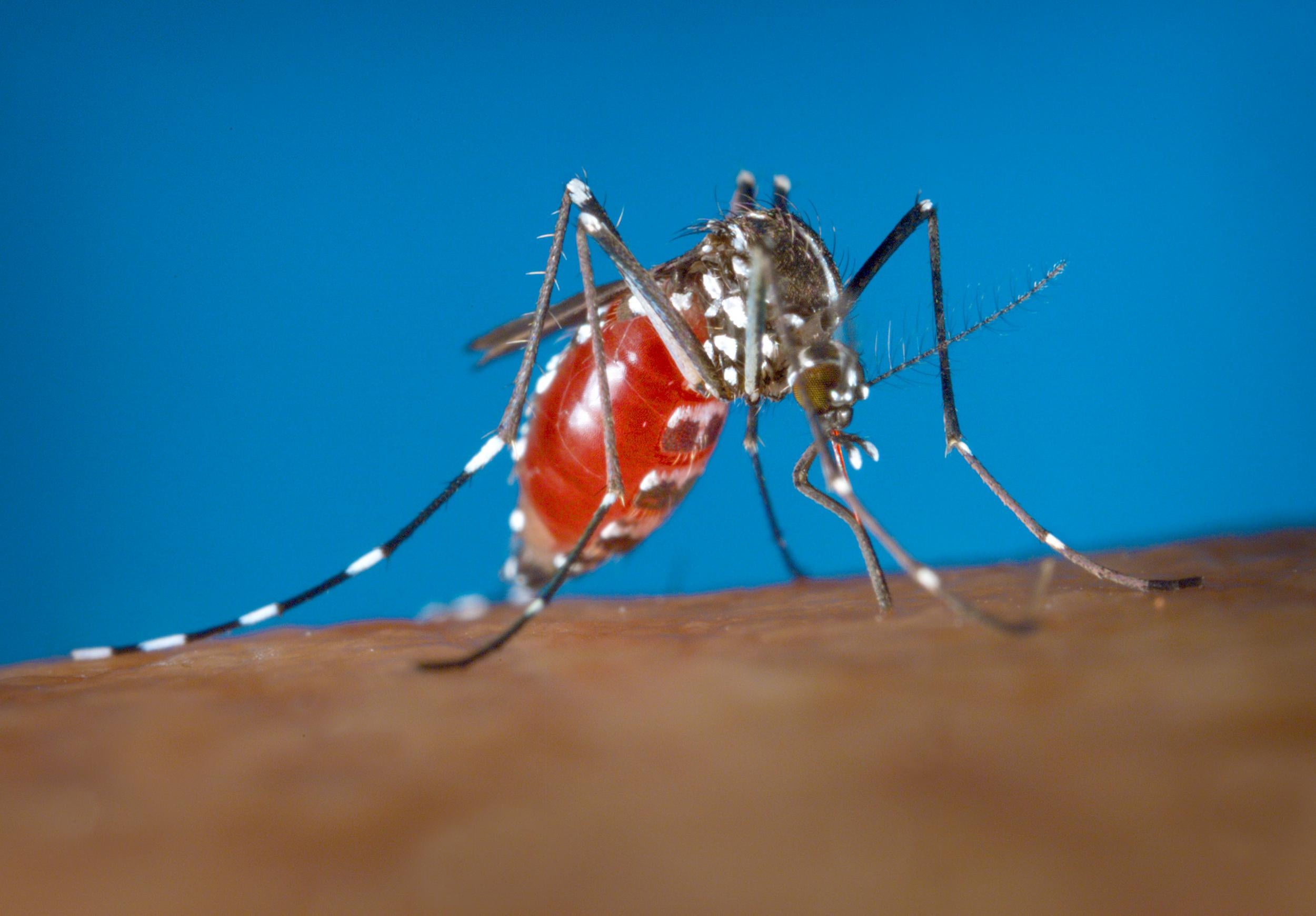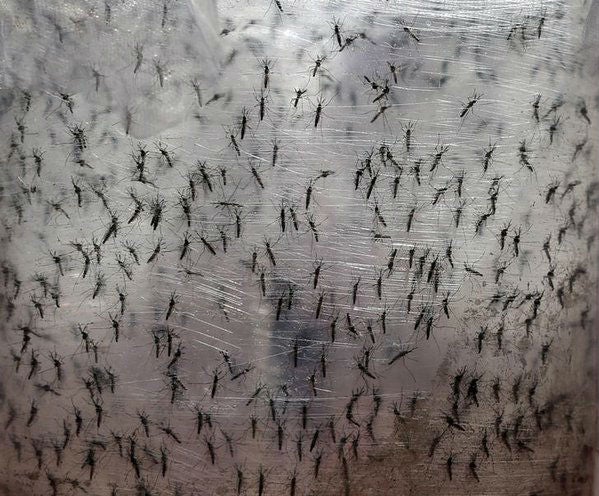Eight mosquito-borne diseases that are not the Zika virus
The mosquito is the dealiest animal in the world

Your support helps us to tell the story
From reproductive rights to climate change to Big Tech, The Independent is on the ground when the story is developing. Whether it's investigating the financials of Elon Musk's pro-Trump PAC or producing our latest documentary, 'The A Word', which shines a light on the American women fighting for reproductive rights, we know how important it is to parse out the facts from the messaging.
At such a critical moment in US history, we need reporters on the ground. Your donation allows us to keep sending journalists to speak to both sides of the story.
The Independent is trusted by Americans across the entire political spectrum. And unlike many other quality news outlets, we choose not to lock Americans out of our reporting and analysis with paywalls. We believe quality journalism should be available to everyone, paid for by those who can afford it.
Your support makes all the difference.Carrying diseases that kill at least one million people each year, the mosquito is officially the deadliest animal in the world.
The Zika virus is the latest mosquito-borne disease to cause concern, with health officials in South America warning pregnant women from travelling to the area following links between the disease and thousands of babies being born with brain defects in continent, particularly in Brazil.
The World Health Organisation (WHO) will decide on Monday whether to declare an international health emergency and experts have warned the “explosive” movement of the virus across the Americas means it has the potential to spread further.
Mosquito-borne diseases are especially concerning as mosquito bites are a constant threat among people living in certain climates and most of the diseases are untreatable.
Frances Hawkes from the Natural Resources Institute at the University of Greenwich told the BBC: "Half of the global population is at risk of a mosquito-borne disease. They have had an untold impact on human misery."
Below are eight mosquito-borne diseases, other than Zika, which have the potential to cause severe health implications if contracted.
Malaria
Malaria is found in more than 100 countries, mainly in tropical regions. It is a fatal disease and symptoms include a fever, shaking and chills.
The 2015 World Malaria Report, published by WHO, found around 3.2 billion people in the world are at risk of Malaria. In 2015 alone there were 214 million new cases and around 438,000 deaths.
Malaria is not found in the UK, but in 2014 around 1,586 travellers were diagnosed with the disease after returning to Britain.
Yellow Fever
Yellow Fever is rare among foreign travellers and tends to be found in Sub-Saharan Africa, South America and parts of the Caribbean.
The disease varies in severity from a mild fever to a hemorrhagic fever and can be prevented with a vaccination.
Six travellers from Europe and North America have died from the disease since 1996. None of them were vaccinated.

Dengue
Around one-third of the global population live in an area where they are at risk of contracting Dengue fever. At least 100 million people world-wide become infected with Dengue each year making it a leading case of illness and death in tropic and sub-tropic climates.
Last year the UN launched an appeal for aid in Yemen after an outbreak of the fever lead to 3,000 cases being reported in the country in a matter of months.
Chikungunya
Chikungunya was first discovered in 2013. Outbreaks tend to occur in Africa, Asia, Europe and the Indian and Pacific Ocean. The disease is characterised by painful symptoms such as joint pain, headaches and swelling.
There is no specific treatment for the infection. The best way to avoid the disease is through preventing mosquito bites by using repellents and wearing appropriate clothing.

West Nile Virus
This is the most common mosquito-borne disease. It causes serious problems in fewer than one in 100 patients, most people who catch it usually suffer from mild flu-like symptoms.
In tropical countries it is possible to catch WNV all year round. There have been no confirmed cases of WNV originating in the UK and cases affecting travellers returning to Britain are rare.
Eastern Equine Encephalitis
Eastern Equine Encephalitis is considered to be the most severe mosquito-borne disease. Of those who contract it, approximately 35 per cent may die. Of those that survive, 50 per cent may suffer long-term brain damage.
The disease is mainly carried in insects in the US and in parts of Canada, central and South America. Human cases are rare; in the US there are around six cases a year.
Western Equine Encephalitis
Western Equine Encephalitis affects both humans and horses. It was first recognised in 1930 in a horse in California. It is mainly found in Western areas of the US and Mexico. The majority of people infected will experience mild illness or even no symptoms at all.
Japanese Encephalitis
Occurring mainly in Asia and the western Pacific symptoms of this insect-borne disease can vary greatly. Some patients may show no symptoms at all, however, at its most severe, the illness can result in severe inflammation of the brain and seizures.
In less than one in every 250 cases the infection can spread to the brain and there is currently no cure. The disease is rare - less than one in a million travellers will develop Japanese Encephalitis in any given year. There has not been a reported case in a traveller returning to the UK for over 10 years.
Join our commenting forum
Join thought-provoking conversations, follow other Independent readers and see their replies
Comments